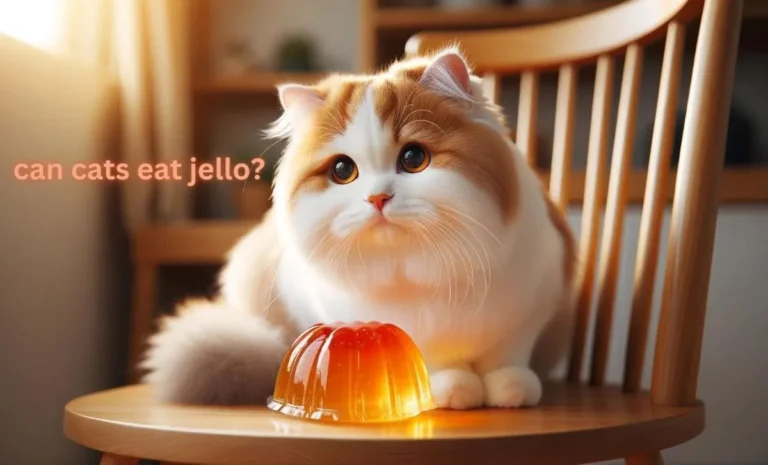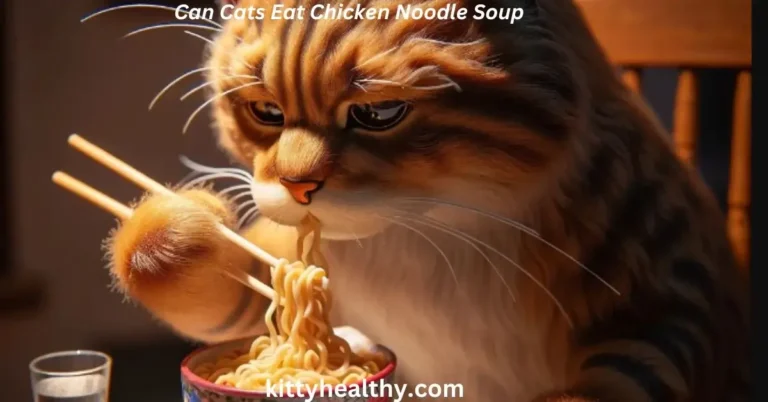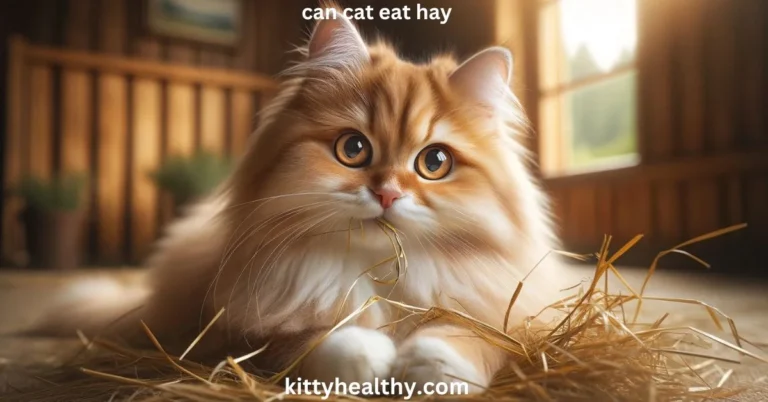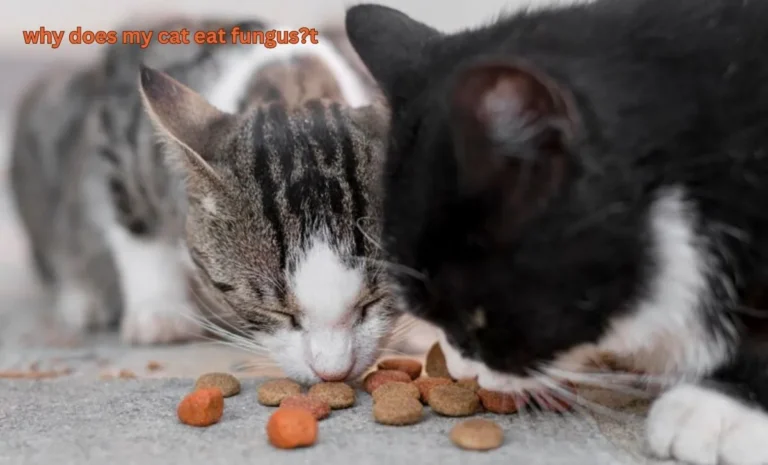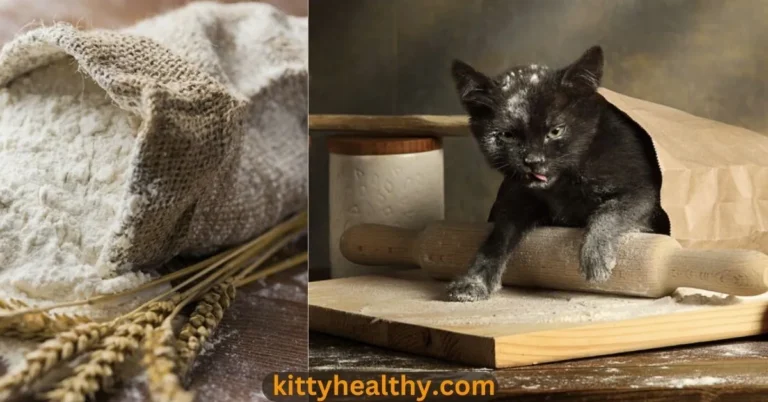Can Cats Eat Hummus? it’s Best To Avoid, But Why?
When it comes to sharing our favorite snacks with our furry friends, it’s crucial to pause and consider, “Can cats eat hummus?”
This popular Middle Eastern dip, loved by many for its creamy texture and savory taste, raises questions for pet owners about its safety for cats.
Hummus, primarily made from chickpeas, tahini, olive oil, and various seasonings, might seem harmless at first glance.
However, its ingredients can pose potential risks to cats, who have different dietary needs than humans. Before you let your cat indulge in this human treat, it’s essential to understand the facts and consider the implications for their health.
What is Hummus?
Hummus is a beloved di with origins in the Middle East, celebrated for its rich blend of chickpeas, tahini (sesame seed paste), olive oil, lemon juice, and garlic.
This combination results in a nutrient-dense snack, packed with protein, fiber, and healthy fats, making it a staple in many health-conscious diets.
However, when considering hummus for cats, it’s vital to dissect its nutritional profile and recognize that what’s beneficial for humans may not always be suitable for our feline companions.
The high garlic and lemon content, for example, can be toxic to cats, while the rich blend of ingredients may lead to digestive issues, given their carnivorous nature.
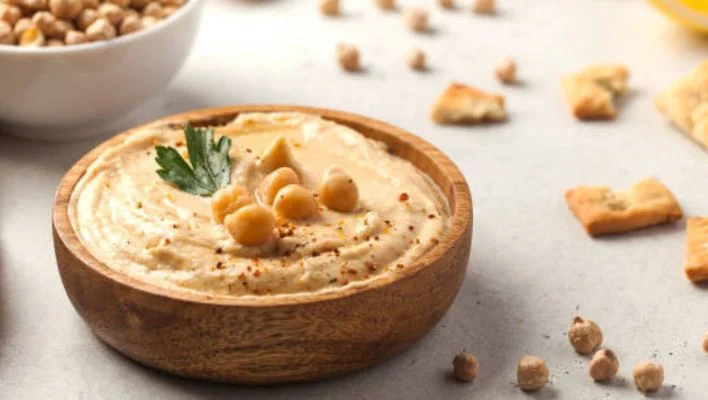
Why Do Cats Like To Eat Hummus?
Cats are notorious for their curiosity, often leading them to explore and taste foods that aren’t part of their natural diet.
The allure of hummus for cats could stem from its creamy texture or the intriguing aroma of its seasonings.
Cats have a keen sense of smell, and the exotic scents of hummus might pique their interest, despite it not being an ideal food choice for them.
Understanding this curiosity is key to managing their dietary habits and ensuring they stick to more appropriate food choices.
How to Feed Hummus to Cats?
If you’re considering offering hummus to your cat as an occasional treat, it’s imperative to do so with caution.
Small quantities and infrequent servings are crucial to avoid any adverse effects on their health. It’s also advisable to opt for a plain, simpler version of hummus, devoid of garlic, onion, or excessive spices, as these ingredients can be harmful to cats.
Ensuring the hummus is free from these toxic additives can minimize the risk, but it’s always best to prioritize treats specifically designed for feline dietary needs.
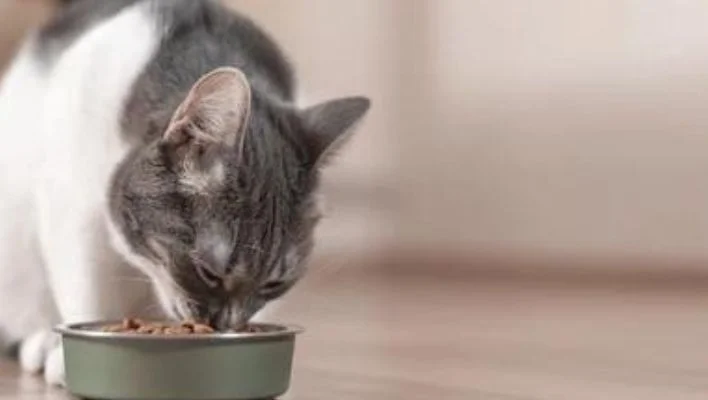
How to Stop Your Cat from Eating Hummus?
Preventing your cat from indulging in hummus involves a mix of attentiveness and understanding cat behavior.
Keeping hummus and other potentially harmful foods out of their reach is a straightforward strategy.
Additionally, reinforcing positive eating habits by offering cat-friendly treats as rewards can help steer their preferences towards safer options.
Understanding the allure of hummus to your cat and substituting it with more suitable treats can effectively keep their diet on the right track.
How are some ingredients in hummus beneficial?
Ingredients in hummus that can be beneficial to cats are:
- Chicken peas
- Tahini
- Olive oil
Chicken peas
Chickpeas, being rich in protein, can offer a supplementary protein source for cats. This is particularly beneficial for cats requiring a varied protein intake beyond their standard meat-based diet.
Additionally, chickpeas contain fiber, which can aid in digestive health, although cats, being obligate carnivores, have limited need for dietary fiber.
Tahini
Tahini, a paste made from sesame seeds, can provide a minor source of healthy fats and vitamins such as Vitamin E, which is known for its antioxidant properties.
These can contribute to maintaining a healthy coat and skin in cats. However, tahini should be offered in very small amounts due to its high fat content.
Olive Oil
In moderation, olive oil can be beneficial for cats. It contains monounsaturated fats that can help maintain a healthy coat and skin.
Adding a small amount of olive oil to a cat’s diet can also aid in preventing hairballs and promoting overall gastrointestinal health.
How some ingredients in hummus are toxic?
Ingredients in hummus that is toxic for cats:
- Chickpeas
- Tahini
- Lemon juice
- Garlic
- Olive oil
Chickpeas
While chickpeas are not inherently toxic to cats, their high fiber and carbohydrate content can be hard for a cat’s primarily carnivorous digestive system to process.
Consuming chickpeas can lead to gastrointestinal discomfort, including gas, bloating, and diarrhea, especially since cats lack the necessary enzymes to break down plant-based foods efficiently.
Tahini
Tahini, a dense paste made from sesame seeds, is rich in fats that can be difficult for cats to digest in large quantities.
Although not toxic, its high-fat content can lead to an upset stomach in cats. If consumed in significant amounts, this can result in more serious conditions like pancreatitis, given their sensitive digestive systems.
Lemon Juice
Cats are particularly sensitive to citrus, and lemon juice can be harmful to them. The essential oils and psoralens found in lemons can cause gastrointestinal upset, including vomiting and diarrhea. In some cases, more severe reactions such as depression or photosensitivity may occur.
Garlic
Garlic is known to be toxic to cats, even in small quantities. It can cause oxidative damage to red blood cells leading to hemolytic anemia, a condition where red blood cells are destroyed faster than they can be made.
Symptoms of garlic toxicity in cats can include lethargy, pale gums, and elevated heart rate.
Olive Oil
In moderation, olive oil is not harmful to cats and can actually benefit their coat and skin. However, excessive consumption can lead to digestive upset, including diarrhea, due to its laxative effect.
Additionally, high fat intake from sources like olive oil can contribute to obesity in cats. Related health issues may arise if not carefully controlled.
Safer Alternatives to Hummus for Cats
For cat owners looking to treat their pets without compromising their health, there are numerous safer alternatives to hummus.
Options like small pieces of cooked chicken or fish, commercial cat treats, or even a dab of plain, unsweetened yogurt can satisfy their taste buds. These choices avoid the risks associated with hummus.
These alternatives cater to their carnivorous dietary needs, ensuring they receive the essential nutrients for their well-being. This approach avoids the unnecessary risks posed by human foods like hummus.
Conclusion
In conclusion, while hummus is a nutritious snack for humans, it’s not the ideal choice for cats due to their unique dietary requirements.
The ingredients in hummus, particularly garlic and lemon, can pose health risks to felines. If you’re tempted to share this treat with your cat, opt for minimal amounts of a simplified version.
However, prioritizing cat-specific treats is the safest route, ensuring your pet enjoys their snacks without any adverse effects.
Remember, what’s good for us isn’t always good for our feline friends. It’s best to stick to cat-approved treats for their health and happiness.
Related:
FAQs
While hummus isn’t toxic to cats, it contains ingredients like garlic and lemon juice that can be harmful in larger quantities. A small lick might not cause any issues, but consuming a significant amount could lead to digestive upset, such as diarrhea or vomiting.
While a small lick of hummus by your cat may seem harmless, it’s wise to avoid it due to potentially harmful ingredients like garlic. Consistent exposure could lead to health issues. Stick to treats made for cats and watch for any unusual signs if they do sneak a taste.
If your cat licks garlic dip, keep a close eye on them for any signs of discomfort, as garlic is toxic to cats and can lead to health problems. A small amount might not cause immediate issues, but it’s crucial to avoid feeding your cat foods containing garlic.
Certainly, cats have the ability to sense the flavor of hummus, yet it’s not recommended for their meat-based dietary needs. Hummus components, like garlic, aren’t ideal for felines. Choosing snacks designed specifically for cats is a better option for their health.

